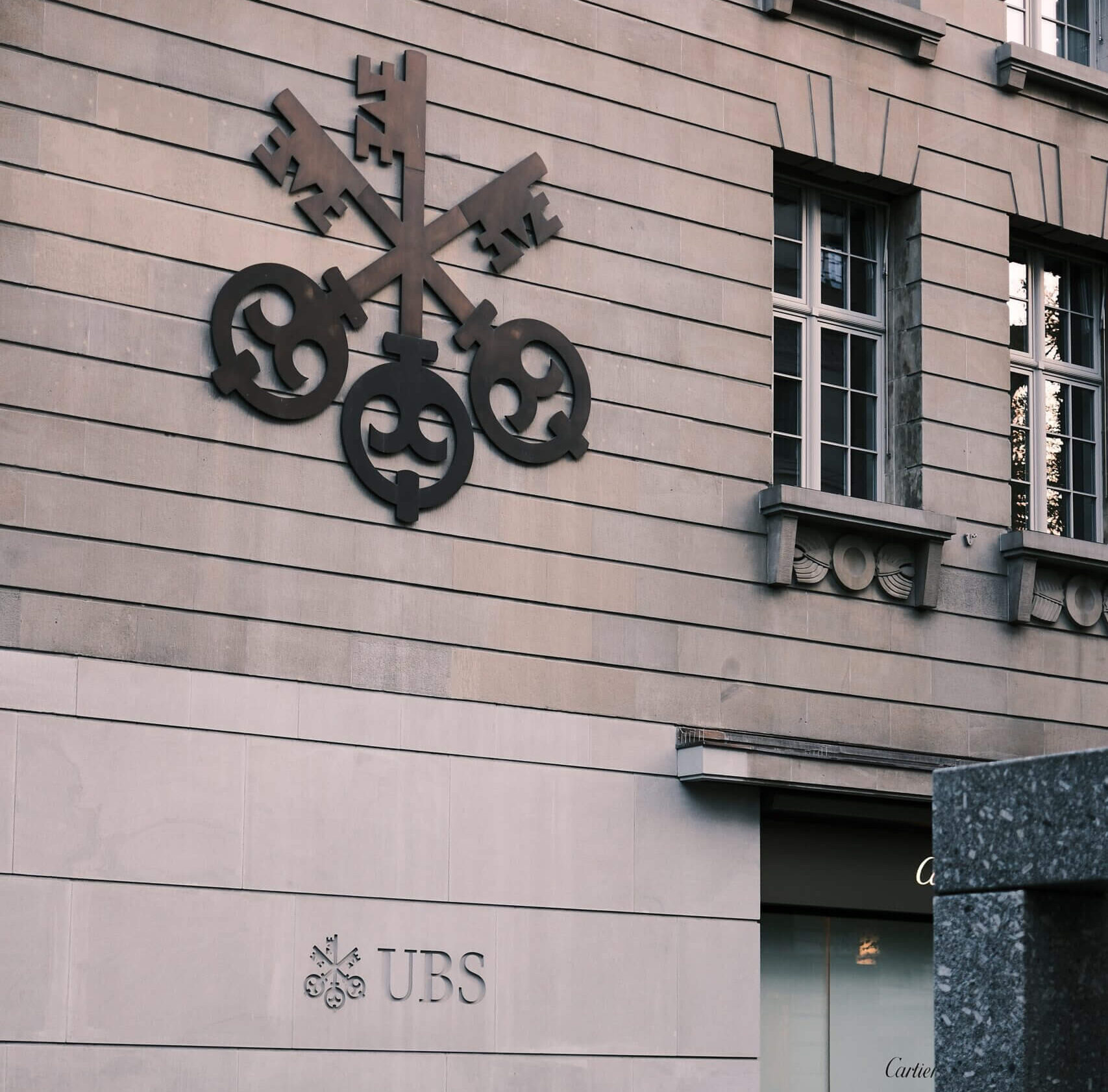
primer domain was triggered too early. This is usually an indicator for some code in the plugin or theme running too early. Translations should be loaded at the init action or later. Please see Debugging in WordPress for more information. (This message was added in version 6.7.0.) in /home/ikq167bdy5z8/public_html/propertyresourceholdingsgroup.com/wp-includes/functions.php on line 6114
The former UBS CEO returns to lead the groundbreaking acquisition of Credit Suisse, facing unparalleled challenges
In a surprising turn of events, Sergio Ermotti found himself at the center of a financial storm when UBS announced its acquisition of struggling crosstown rival Credit Suisse. Ermotti, who had left UBS just three years earlier, received a call from UBS Chairman Colm Kelleher urging him to return as CEO for the unprecedented task of merging two globally significant banks.
The urgency of the situation was evident, with Swiss authorities pushing for the merger to avert a potential global banking crisis. Despite opposition from shareholders and local lawmakers, Ermotti agreed to take on the high-stakes responsibility of combining two global systemically important banks, a task with no historical precedent.
The merger, if successful, positions UBS as the world’s second-largest wealth manager overnight, trailing only Morgan Stanley. However, the challenges are immense, ranging from IT system migrations and cultural differences to the risk of diverting management focus from business growth.
Anke Reingen, a banking analyst at RBC Capital Markets, highlighted potential risks, emphasizing that if the merger falters, confidence in UBS could be shaken, potentially triggering instability in the wider financial system.
Investors, nonetheless, have shown confidence, driving UBS stock nearly 30% higher since the announcement. Reingen, while cautious, maintains a positive outlook on the deal, expecting UBS to deliver better returns than its peers.
In Switzerland, where Credit Suisse has a storied history marred by scandals and losses, the merger has sparked controversy. The pressure on Ermotti is palpable, with strangers frequently approaching him to express support, adding to the personal stakes of his otherwise sterling career in finance.
Ermotti’s decision to return was driven by a sense of duty to Switzerland, loyalty to the bank, and a competitive streak. The opportunity to execute a deal he had envisioned during his initial tenure as CEO was a compelling factor. The merger, while a historic deal, comes with challenges, including Credit Suisse’s structural issues and a plethora of legal cases.
Ermotti, known for his clarity in leadership and the ability to make tough decisions, is viewed by former colleagues as the ideal leader for this task. His track record, including steering UBS through challenges in his previous term, underscores his capabilities. The pressure on Ermotti to succeed is immense, and the success of the merger is seen as crucial for both UBS and Switzerland.
Reflecting on his career path, Ermotti’s unconventional journey from aspiring professional soccer player to a career in finance has shaped his unique perspective. His previous experience at UniCredit and Merrill Lynch, coupled with his analytical and decision-making skills, has positioned him as a leader capable of navigating complex financial landscapes.
As the merger progresses, Ermotti’s leadership will be closely watched. The integration of UBS and Credit Suisse is not just a financial transaction; it’s a test of strategic vision, operational prowess, and the ability to shape the future of one of the world’s largest financial institutions. The outcome will undoubtedly leave a lasting mark on Ermotti’s legacy and the trajectory of UBS in the global financial landscape.